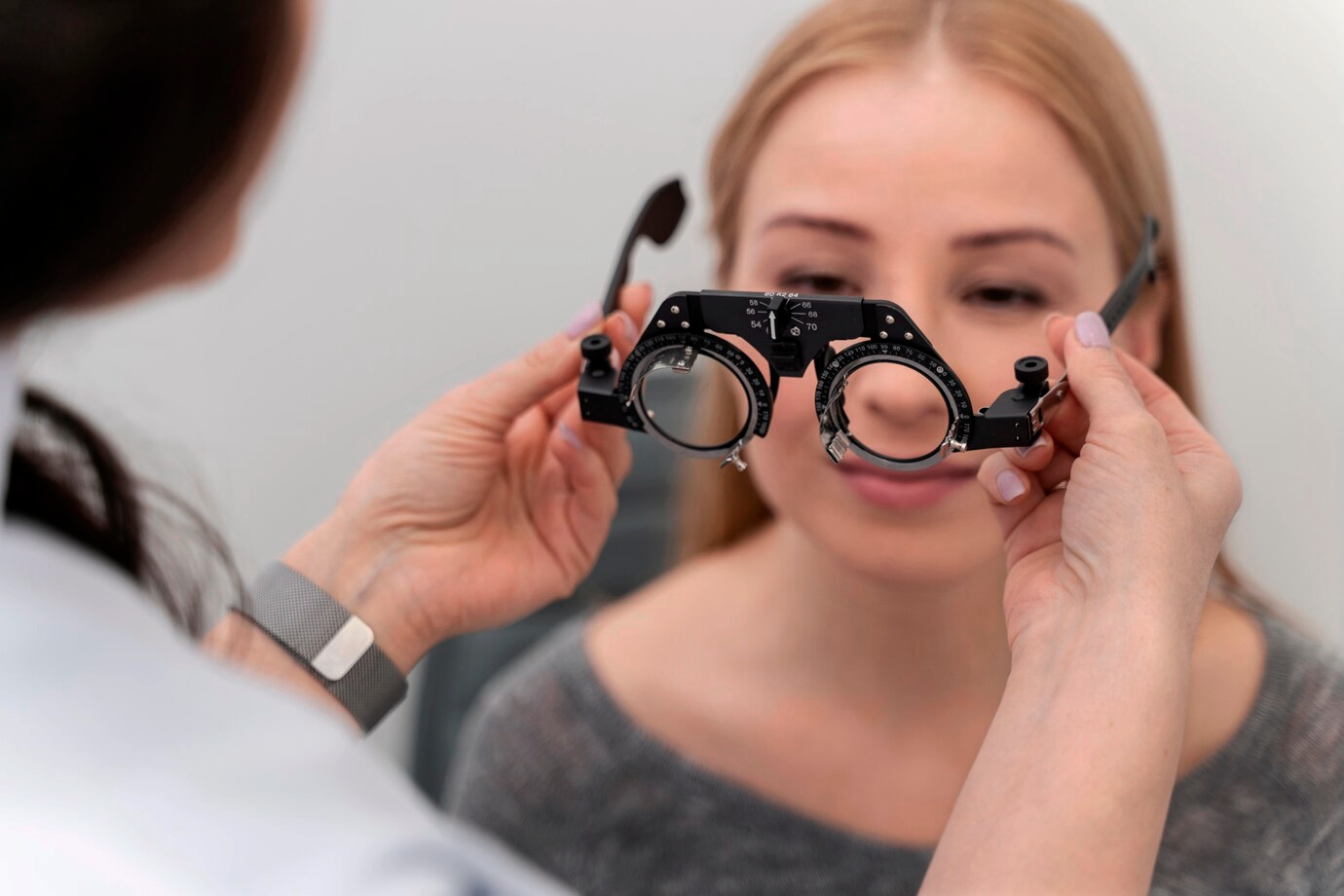
Vision is an important aspect of the human experience, allowing us to perceive the world around us clearly and distinctly. However, for many people, dependence on glasses for clear vision can be limiting. Ophthalmologists play a key role in improving visual acuity and providing solutions that minimize reliance on corrective eyewear, thereby improving overall vision.
Understanding vision correction
In the pursuit of clear vision, there are options beyond traditional eyeglasses. Ophthalmologists specialize in assessing and correcting vision disorders using innovative techniques to optimize vision without constant reliance on corrective lenses. Using personalized approaches, they strive to improve vision clarity and reduce the need for external aids.
Exploring advanced methods of improving vision
The latest advances in ophthalmology offer promising alternatives to glasses. Procedures such as LASIK, PRK, and lens implants allow people to achieve improved vision by reshaping the cornea or directly implanting corrective lenses. These procedures, which are customized to individual needs, provide long-lasting improvements in visual clarity, freeing people from the limitations associated with wearing glasses.
Preventive measures for vision health
Ophthalmologists emphasize preventive measures to maintain optimal vision health. Through regular eye exams, they detect and address problems at an early stage, allowing them to intervene in time to prevent the progression of visual impairment. This proactive approach helps to preserve and enhance natural visual abilities.
Lifestyle modification and vision improvement
In addition to corrective measures, ophthalmologists advocate lifestyle changes that help improve vision health. Simple habits, such as maintaining a balanced diet rich in eye-friendly nutrients, practicing proper eye care techniques, and minimizing prolonged screen time, can have a significant impact on and improve overall visual acuity.
Empowering people to achieve visual independence
The ultimate goal of ophthalmology is to enable people to experience the world with increased visual independence. By providing comprehensive assessments, individualized interventions, and recommendations for maintaining vision health, ophthalmologists enable people to lead full lives with improved vision, reducing dependence on external aids such as glasses.
Conclusion.
Ophthalmologists play a vital role in improving vision clarity and reducing dependence on glasses. Through a combination of innovative procedures, preventative measures, lifestyle modifications, and patient empowerment, these professionals strive to improve overall vision and enable people to experience the world with clearer, brighter vision.